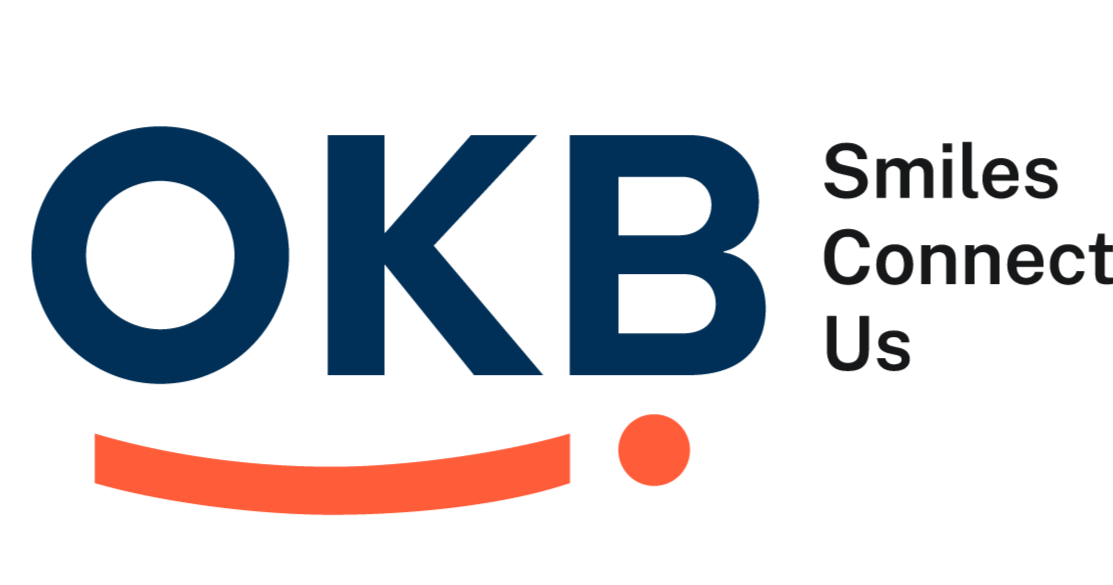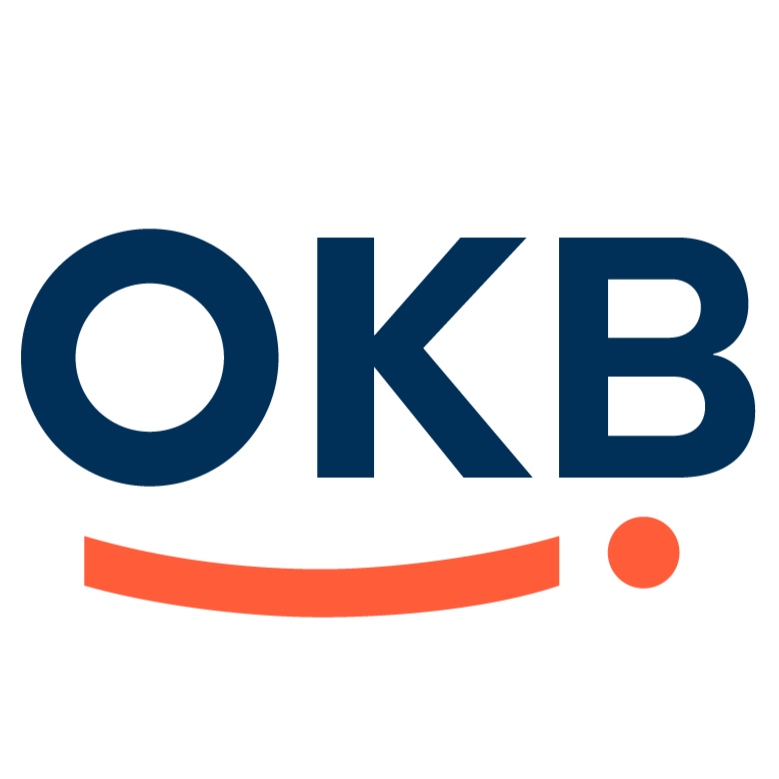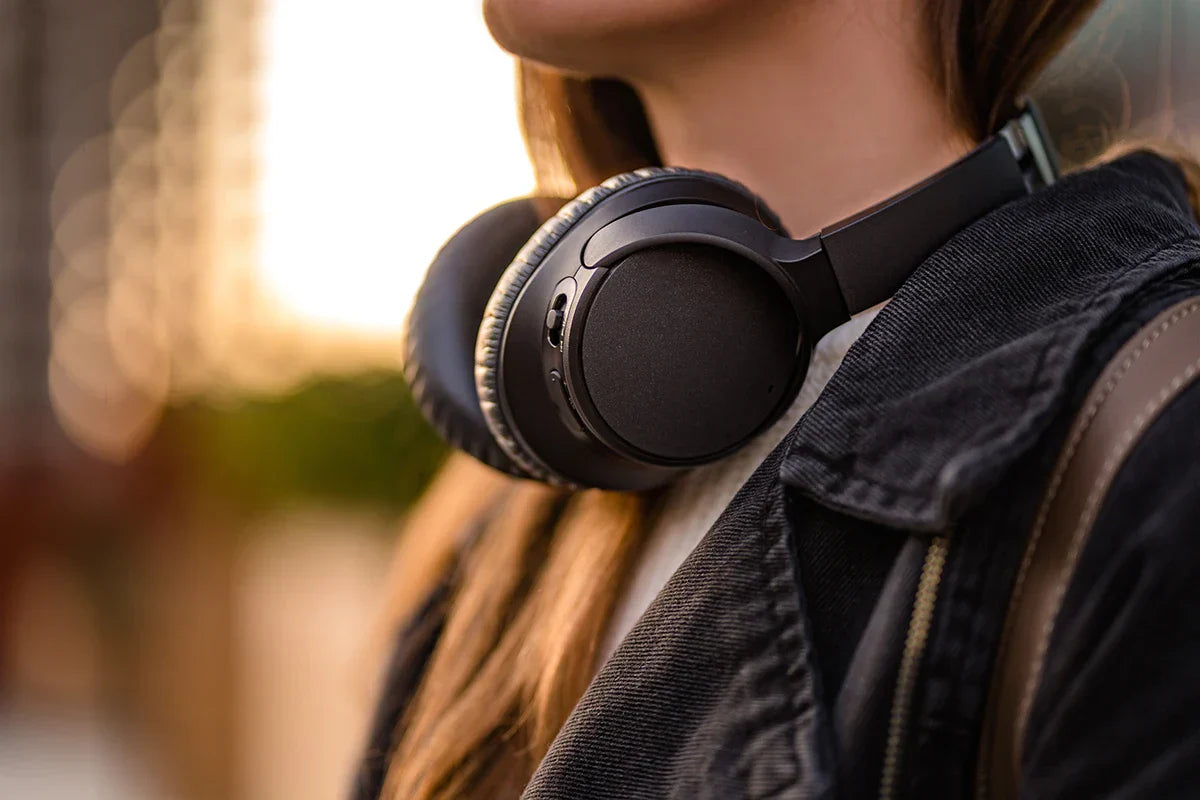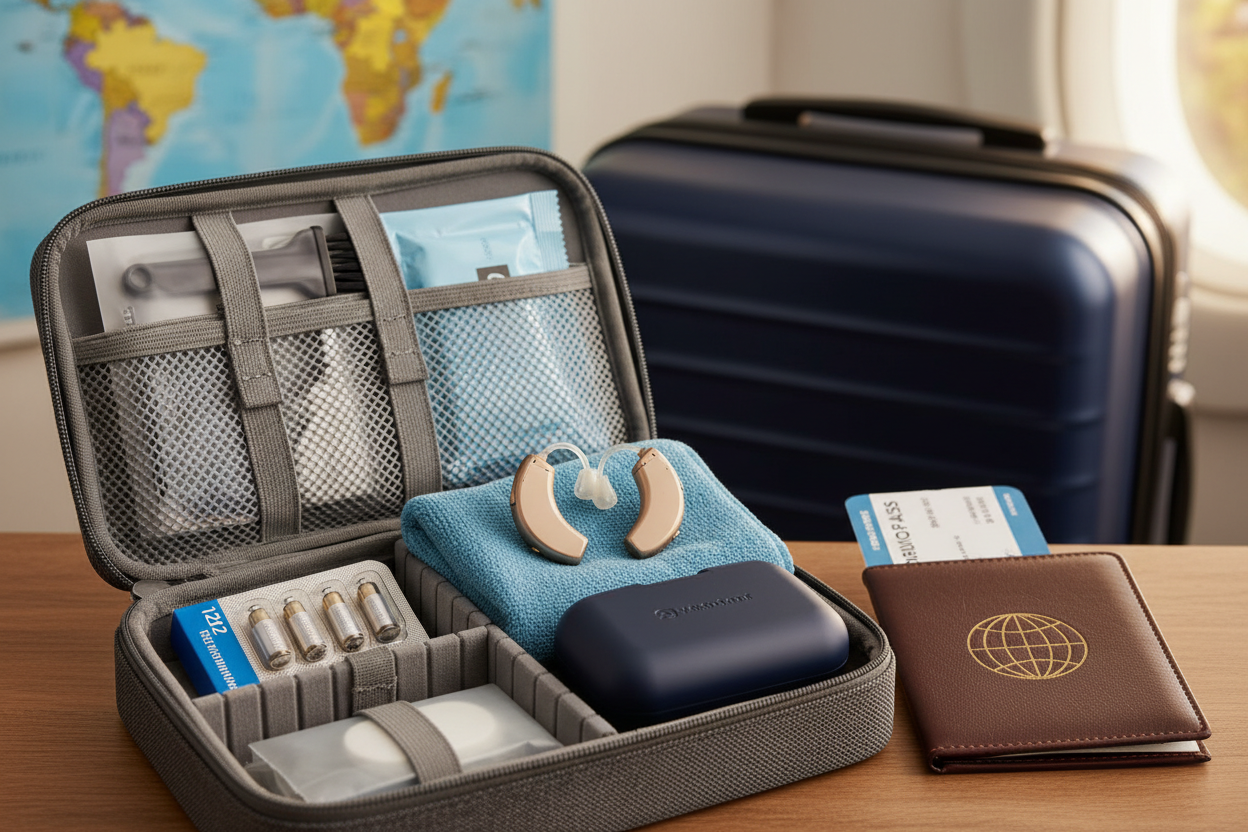Introduction
With the FDA’s approval of over-the-counter (OTC) hearing aids in 2022, the hearing health market changed forever. Adults with mild-to-moderate hearing loss now have unprecedented access to affordable, non-prescription devices. But not all OTC hearing aids are created equal.
On one hand, you have generic OTC models sold through online marketplaces, drugstores, or big-box retailers. On the other, you have specialized OTC brands like OKB Hearing, which combine affordability with research-driven engineering and professional-grade features.
So, what exactly sets OKB apart from the flood of generic devices? Let’s take a closer look.
Understanding the OTC Hearing Aid Market
The goal of OTC hearing aids is accessibility: simple, affordable devices that don’t require a professional fitting. While this has opened doors for many first-time users, it has also created a “Wild West” marketplace filled with hundreds of low-cost products that vary widely in quality.
Some OTC models can improve day-to-day communication, while others function more like basic sound amplifiers, lacking the sophistication needed for true hearing support.
What Are Generic OTC Hearing Aids?
Generic OTC hearing aids are mass-produced devices sold under multiple brand names.
-
Design: Typically one-size-fits-all, with minimal customization.
-
Features: Basic amplification; often lack advanced noise reduction or directional microphones.
-
Support: Limited or no after-sales service; often purchased online with unclear return policies.
-
Price: Usually $100–$400 per pair, appealing for cost-conscious buyers.
While attractive on price, these devices may not provide the clarity, comfort, or durability needed for long-term use.
What Are OKB Hearing Aids?
OKB Hearing Aids are a new generation of FDA-cleared OTC devices designed with premium engineering.
-
Ergonomic designs that fit comfortably all day.
-
Advanced digital processing, comparable to prescription-level devices.
-
Reliable aftercare, including warranty and customer support.
Key Differences Between OKB and Generic OTC Devices
| Feature | Generic OTC Hearing Aids | OKB Hearing Aids |
|---|---|---|
| Price | $100–$400 per pair | $400–$800 per pair |
| Technology | Basic amplification | Advanced noise reduction, feedback control, adaptive sound profiles |
| Customization | Limited, preset modes only | Use out of box, senior-friendly |
| Design | Bulky, less discreet | Ergonomic, comfort all day |
| Support | Minimal, generic return policy | Warranty, responsive customer support |
| Durability | Variable, often low build quality | Rigorously tested, designed for daily use |
Technology & Performance Comparison
Generic OTC hearing aids often function as amplifiers, boosting all sounds equally. This can make conversations difficult in noisy environments.
OKB Hearing Aids, by contrast, integrate:
-
Digital noise reduction: Filters background noise in restaurants or crowds.
-
Feedback cancellation: Reduces whistling and buzzing.
-
Adaptive programs: Adjusts settings automatically based on environment.
-
Clearer speech recognition: Enhances dialogue without distorting natural sounds.
Fit, Comfort, and Design
-
Generic OTC devices: One-size-fits-all designs can feel uncomfortable or unstable, especially for extended wear.
-
OKB: Lightweight, discreet, and engineered to sit securely without irritation. Comfort is critical, since hearing aids may be worn 12–16 hours a day.
Durability and Reliability
Cheap OTC models often fail within months due to poor components or inadequate moisture resistance.
OKB Hearing Aids are:
-
Tested for long-term durability.
-
Backed by warranty coverage, ensuring peace of mind.
Customer Support and Aftercare
Generic devices usually come with little to no service. If they break, replacement may be your only option.
With OKB, users gain:
-
Warranty coverage.
-
Accessible customer service for troubleshooting.
This level of aftercare is critical for first-time users who may need guidance.
Cost vs Value: Are Generic Models Really Cheaper?
At first glance, a $100 pair of hearing aids looks like a bargain. But factor in:
-
Shorter lifespan.
-
Poorer sound quality.
-
No support if problems arise.
Meanwhile, OKB offers a higher upfront cost but greater long-term value:
-
Better sound performance reduces communication struggles.
-
Durability saves on replacement costs.
-
Warranty and service ensure reliability.
Who Should Consider OKB Hearing Aids?
You may be a good fit for OKB if you:
-
Want an affordable but premium-quality OTC option.
-
Have mild-to-moderate hearing loss and value clarity in conversations.
-
Need comfort for all-day wear.
-
Prefer peace of mind with warranty and customer support.
If you’re considering hearing aids for the first time, OKB strikes a balance between affordability and advanced features.
FAQs
Q: How are OKB hearing aids different from cheap amplifiers on Amazon?
A: OKB devices are FDA-cleared hearing aids with advanced digital processing, while many generic amplifiers simply make everything louder.
Q: Can I use OKB without seeing an audiologist?
A: Yes, OKB is designed for self-fitting. However, if you suspect severe hearing loss, a professional evaluation is still recommended.
Q: Are OKB hearing aids rechargeable?
A: Yes, OKB models feature long-lasting rechargeable batteries for convenience.
Conclusion
The OTC hearing aid market is booming, but not all devices deliver equal results. Generic OTC hearing aids may appear cost-effective but often compromise on clarity, comfort, and reliability.
OKB Hearing Aids set themselves apart by offering:
-
Premium sound processing.
-
Sleek, ergonomic designs.
-
Reliable durability.
-
Customer-focused support.
If you’re ready to improve your hearing without breaking the bank or settling for generic devices, OKB provides a trusted, high-quality solution.






Share:
OTC vs Prescription Hearing Aids: Pros, Cons
Rechargeable vs Disposable: Which Hearing Aid Batteries Work Best?